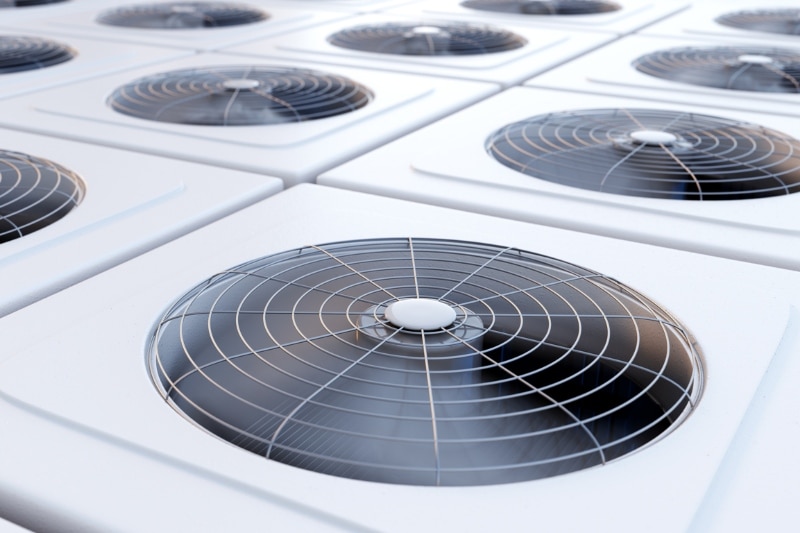The National Environment Agency (NEA) of Singapore announced in December 2019 that water-cooled chilled water systems in industrial facilities must conform to minimum energy efficiency requirements from 1 December 2020 onwards.
An analysis of data submitted by energy-intensive industrial facilities regulated under Singapore’s Energy Conservation Act (ECA) revealed that chilled water systems for process and space cooling were the second highest electricity-consuming system in the industry (process specific systems being the first), accounting for approximately 16% of the electricity consumed at these facilities. More than 70% of these systems were found to be operating at sub-optimal efficiency performance. Water-cooled systems are the predominant type of chilled water systems in these facilities, and account for more than 90% of the electricity consumed by chilled water systems.
To improve the energy efficiency of water-cooled chilled water systems in new and existing industrial facilities, NEA is introducing Minimum Energy Efficiency Standards (MEES), which will cover electrically-driven, water-cooled chilled water systems in industrial facilities with a total installed capacity of 1055 kW (300 RT) or more, which produce chilled water at a temperature of 3°C or higher. Chillers utilizing brine or glycol and air-cooled chillers that form part of the water-cooled chilled water system will be exempted.
Water-cooled chilled water systems in new industrial facilities must conform to MEES after a prescribed period if Planning Permission (PP) clearance or equivalent is sought on or after 1 December 2020. Water-cooled chilled water systems in existing energy-intensive industrial facilities regulated under the ECA must conform to MEES by 1 December 2025, while those in other industrial facilities must conform by 1 December 2029.
MEES is expected to help reduce the energy consumption in industrial facilities by at least 245 GWh annually. Companies may use different approaches to meet MEES, such as installing more energy efficient chillers and optimizing their systems. Facility owners are expected to reap lifecycle cost savings from lower capital costs by right-sizing equipment; lower operating costs as a result of lower energy use; and lower maintenance costs as frictional and vibrational energy losses are reduced.
(Sources: National Environment Agency, Singapore; Channel NewsAsia)

